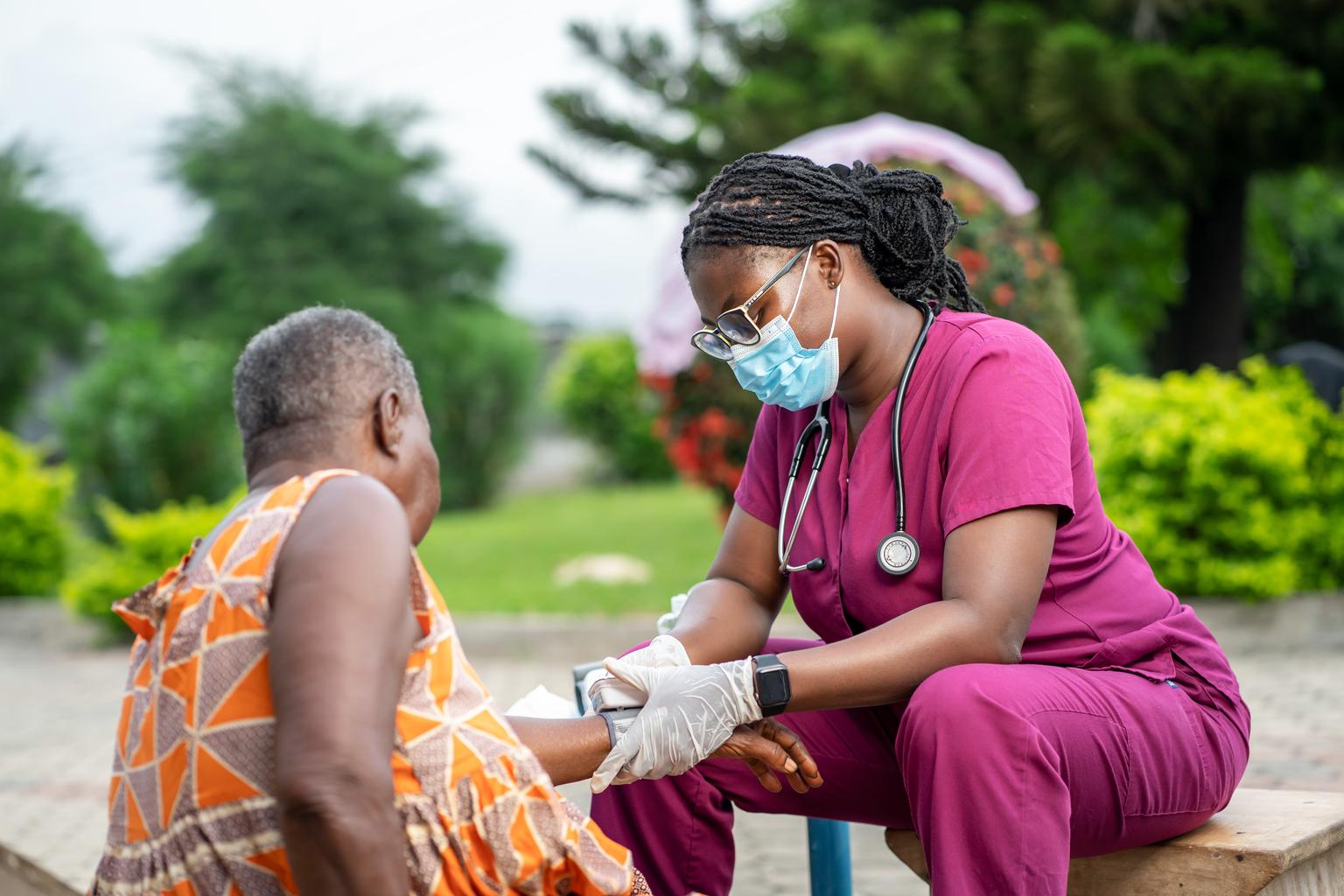Sharing the highs and the lows of medical school with a partner can be an enriching experience, but the high stakes and often-hectic environment aren’t always conducive to romantic relationships. Dating in medical school requires both people in the relationship demonstrate thoughtfulness and a willingness to communicate. Whether you’re hoping to continue an existing relationship or start a new one, here are a few key pointers for dating as a medical student.
Give yourself time
Dating in medical school can seem natural: You’re growing as an adult and taking the first steps into your career, and finding a romantic partner can feel like a logical part of your life progression. Remember, though, that going through medical school is already a huge life shift in itself, and you need time to adjust to this life event before embarking on another. Before I started medical school, my mother advised me to give myself some time to feel comfortable with managing the workload, being away from home and learning the language of medicine before I started a new relationship.
If you enter medical school with a partner already, be sure to communicate your needs early on. Your new career requires an emotional investment that takes getting used to, and you may not always be as available as you were before starting school. Even after you’re settled in and feel that you’re able to balance the needs of your relationship with your new schedule, continue to discuss your time constraints with your partner and consider how well you’ll be able to balance the requirements of maintaining a healthy relationship and succeeding in school.
It’s also important to keep possible risks in mind if you try to date one of your peers. As I got to know my classmates, I realized we were going to spend a lot of time together in the coming years. If a relationship with one of them didn’t work out, that could result in an awkward encounter down the road with an assigned anatomy or clerkship partner. Instead, I focused on giving myself time to get to know my classmates and myself in this new environment, at least for the first few months.
Classmates who did embark on relationships with peers early on have mentioned that there were challenges in laying the foundation for a supportive and healthy relationship while also having to study many hours in the day and get to know other classmates. Medical school is a marathon, and it’s helpful to consider what parts of the race you want to handle first.
Give yourself space
Any medical student who has dated one of their classmates knows that if your partner is also a student, you’ll spend a great deal of time in close proximity to one another, but quantity doesn’t always mean quality. A lot of that time will be about your studies and not about enjoying experiences with one another.
You also need to keep the concept of quality time in mind if you’re dating someone who isn’t a medical student. Close your books during the time you’re together and save studying for another hour. Finding the right balance that allows both your relationship and your studies to thrive can be challenging, and you can’t do it without communication. Discussing what your time on a given weekend may look like, for example, can help avoid disappointment if your partner thought you would have more availability.
Med school can often seem all-consuming, and so it’s important to take the time to participate in non-medical activities. Making—and following through on—plans with a significant other gives you the opportunity to focus on studying when you need to, with something to look forward to when you’re done. It also means you’re communicating your investment in the relationship in a way that supports your growth, both as a future physician and a partner.
Try to travel outside the area to give your relationship a breath of fresh air. When I began dating in medical school, I made non-study dates the priority, and that made our time together more special than spending hours in lectures, the library or the lab. For me and my partner, this was usually a hiking trip at least an hour drive away. Whatever you choose, let it be a treat that recharges rather than drains you and reminds you that you have a partner who supports the path you’ve chosen.
Give yourself (and your partner) credit
When my partner and I were an hour apart while I was on my third-year rotations, I had to remember not to beat myself up about only having some weekends to go on dates or sometimes studying through most of our time together. Being clear about what my time would be like each month, making realistic plans for meeting up and keeping our communication frequent when we were apart was necessary to make the relationship work. Doing all that is indeed work and you should give both yourself and your partner credit for investing in the relationship and making it a priority.
Medical school is challenging, and so dating in medical school can feel overwhelming. Making sure you’re in a good place to begin a relationship and keeping the lines of communication open will make it easier to balance medical school and a relationship.





